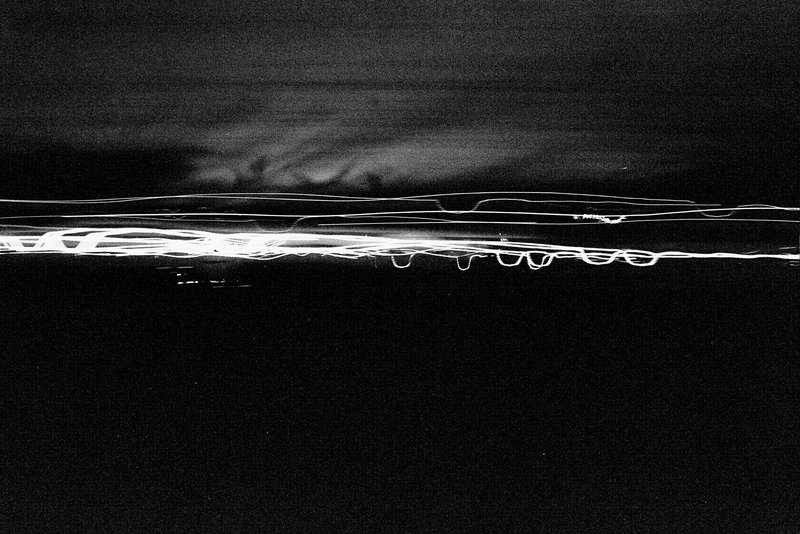You down with O.P.P.?
Posted March 3, 2023 by Paul Graham Raven
Outside of glassmaking, to talk of a bottleneck is to talk of the point in a system where bandwidth—the capacity of traffic which can be reliably passed through that point—is restricted. Think of the motorway turn-off to a busy location on a bank holiday weekend. Think of the Suez canal.
#
In the philosophy (or, perhaps more accurately, the theoretical framework) known as Actor-Network Theory, the late Bruno Latour (and various of his colleagues and collaborators) talk of how certain actors or agents insert themselves into a process—be it social, political or economic—in such a way as to become an “obligatory passage point”.
Which is to say that bottlenecks are not exclusive to physical-mechanical systems. Latour is to some extent an example of his own theory: one cannot discuss Actor-Network Theory without mentioning him, even—and this is important—if you want to discredit or undermine its claims.
#
Think of the turnstiles in a metro station. Here the bottleneck is deliberate, because a bottleneck provides the possibility of controlling the flow that passes through it: the metro system wants to restrict access to those who have paid the fee.
Of course, other options are available, and arguably safer: perhaps you have random spot-checks of passengers, as on the Berlin transport network. Perhaps, as in the Talliin transport network, there are no fees for access at all, and it is funded by some other means.
#
Bottlenecks are everywhere. Obligatory passage points are potential sources of great power, though Latour pointedly does not use that word—much to the frustration of readers of Foucault (once the most important O.P.P. in contemporary philosophy, and still an important now) who can’t seem to see the biopolitical dynamics described in his work, even as they perform them in their own university departments.
Actor-Network Theory is precisely about power, but power as a process (or a becoming) rather than a substance (or a being): scientific power, political power, economic power, all require the construction of a network in such a way that you or your group or your idea or your location become a bottleneck, an O.P.P.
#
Think of the NordStream gas pipeline.
I’ll let you work that one out for yourself.
Part eight in the series Hip Deep in the Thick Present
This text is featured as part of FoAM's Anarchive
Created: 20 Feb 2023 / Updated: 23 Mar 2023











